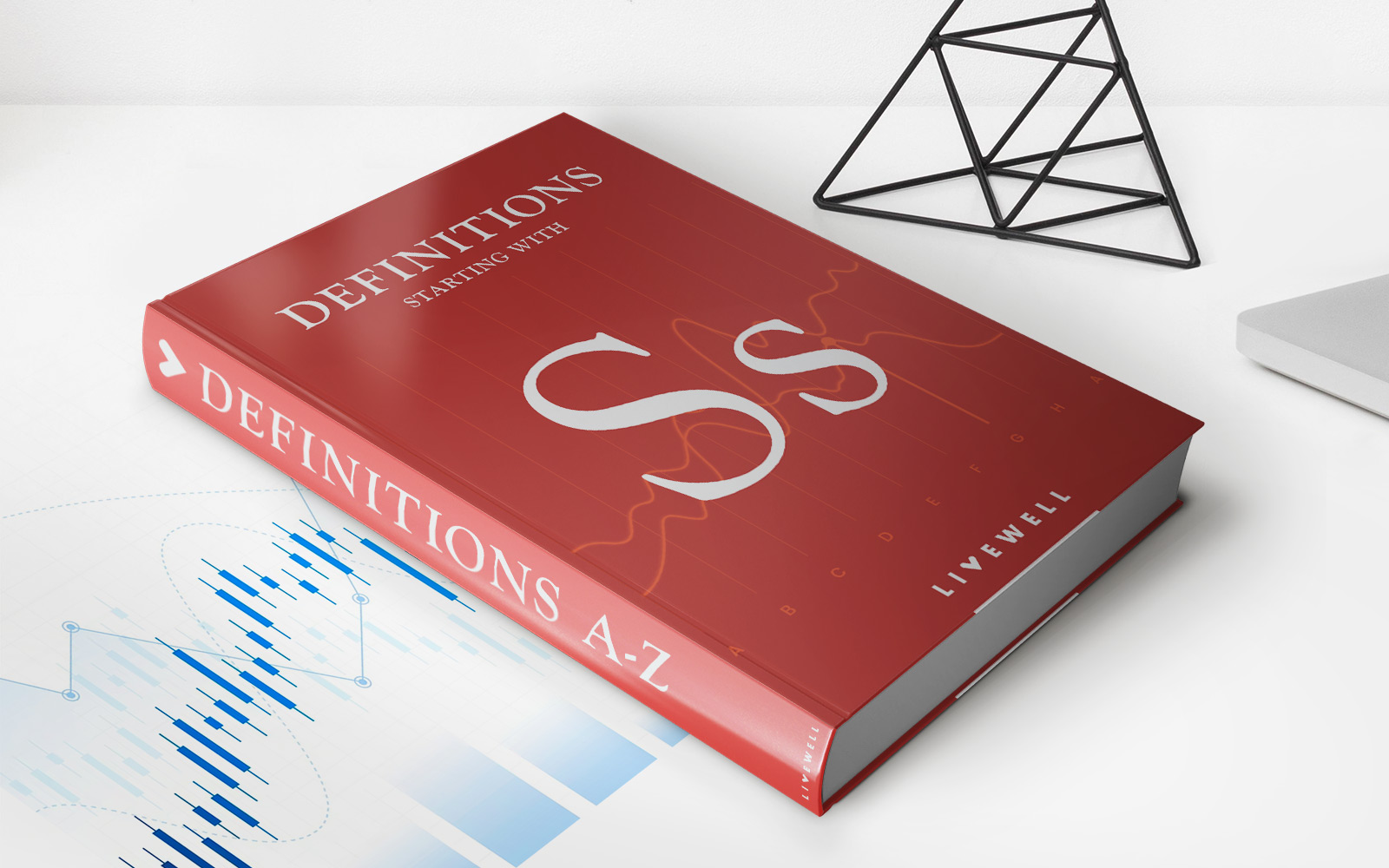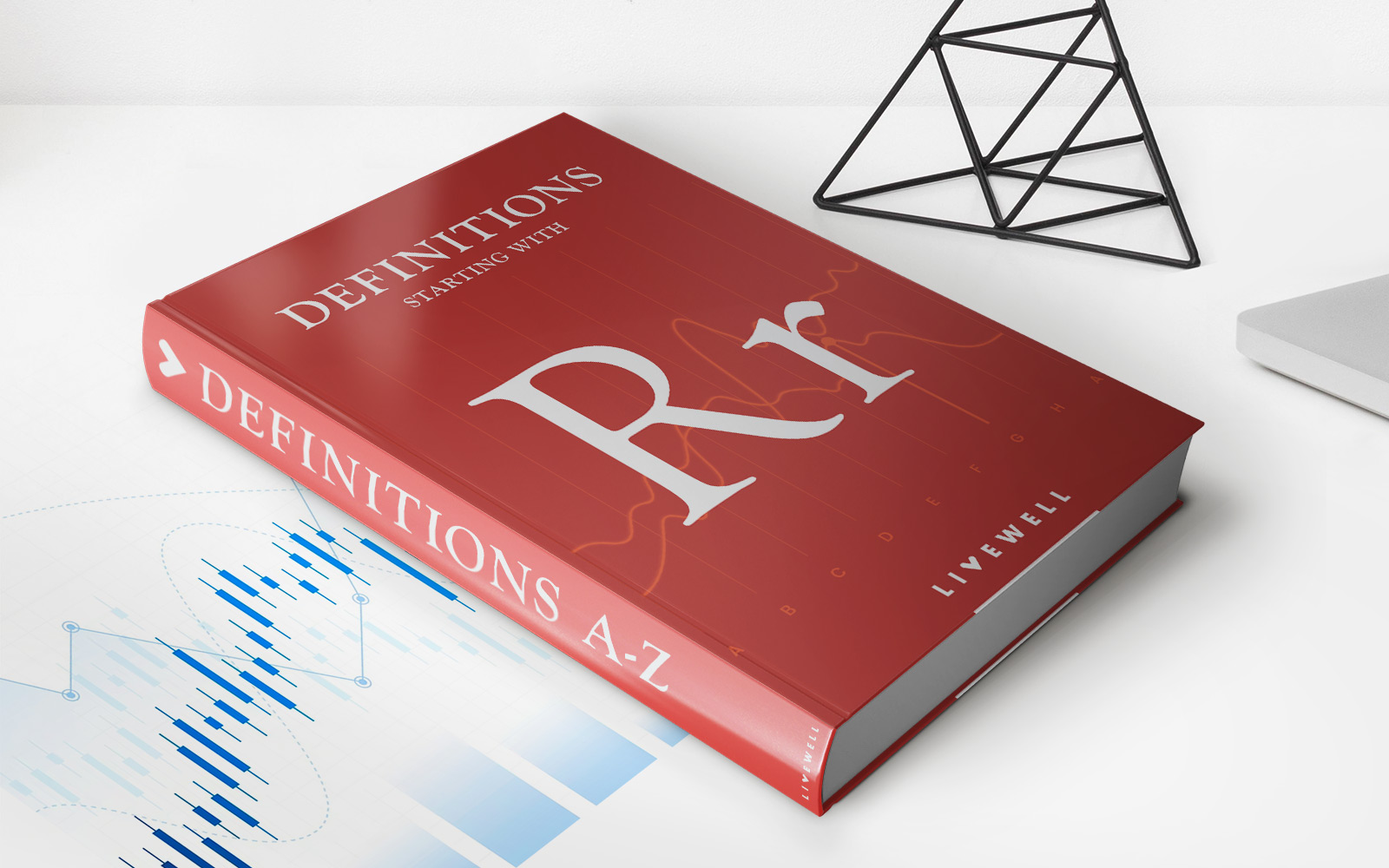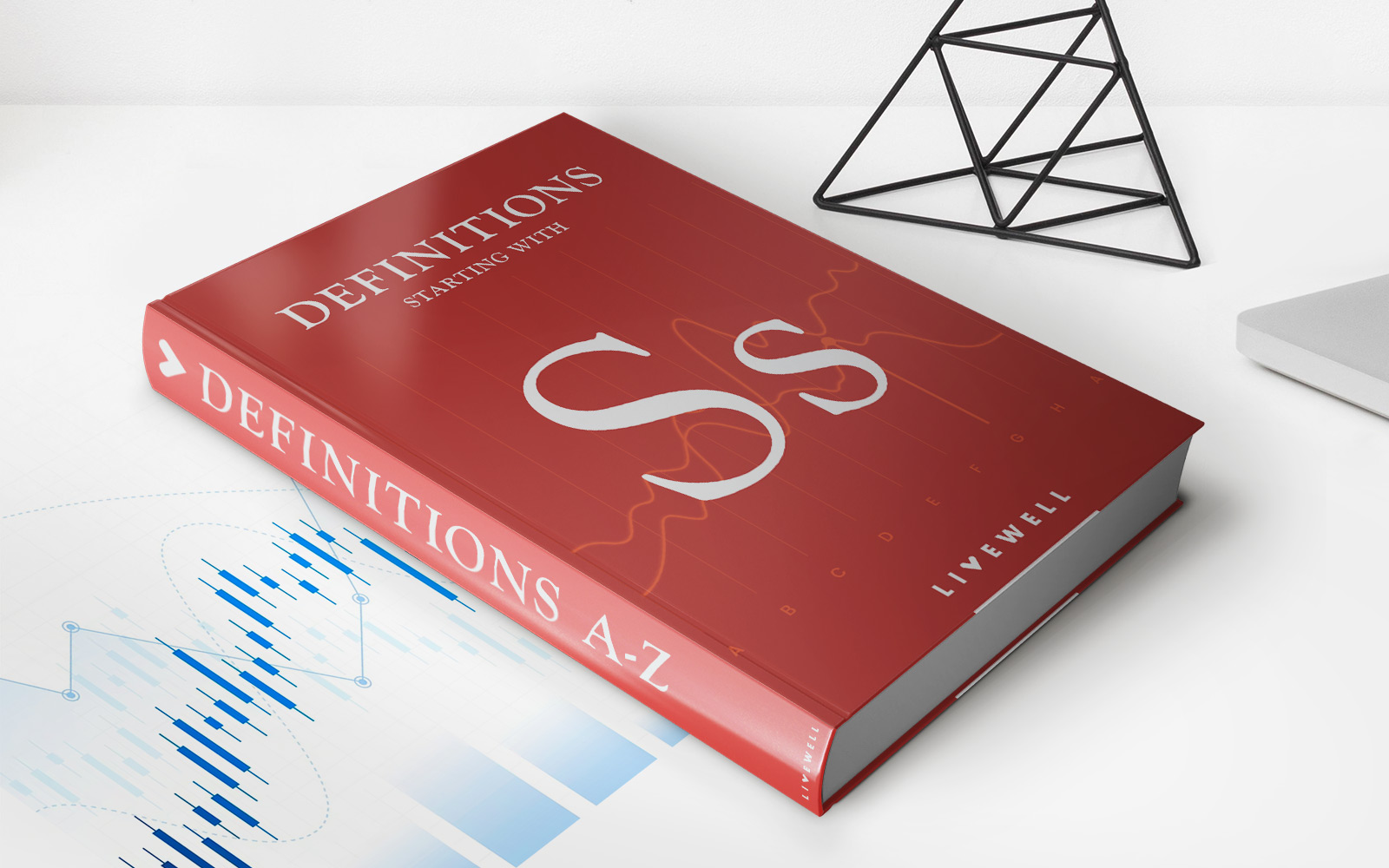Home>Finance>What Is Shotgun Clause? Definition, How It’s Used, And Downsides


Finance
What Is Shotgun Clause? Definition, How It’s Used, And Downsides
Published: January 29, 2024
Learn about the shotgun clause in finance, including its definition, how it's used, and potential downsides.
(Many of the links in this article redirect to a specific reviewed product. Your purchase of these products through affiliate links helps to generate commission for LiveWell, at no extra cost. Learn more)
Welcome to the world of finance!
If you’re interested in understanding the intricate web of financial terms, you’ve come to the right place. Today, we’re diving into the fascinating concept of the shotgun clause. So, what exactly is a shotgun clause, how is it used, and what are its downsides? Let’s explore!
Key Takeaways:
- A shotgun clause is a provision typically found in business agreements, such as shareholder agreements or partnership agreements.
- It provides a mechanism for resolving conflicts and disputes between business partners by giving one party the ability to present an offer to buy the other party’s shares at a specified price.
The shotgun clause, also known as the Texas shootout, is an intriguing legal tool designed to resolve conflicts and disputes between business partners. Let’s imagine a scenario where two partners in a company, let’s call them Dave and Mike, find themselves at a crossroads and unable to agree on the direction of the company. In such cases, the shotgun clause can be a potential solution.
Here’s how it works: When a dispute arises, one partner initiates the process by either presenting an offer to buy the other partner’s shares at a specified price or by providing a set of terms for the other partner to buy their shares. The second partner then has two options – either accept the offer and sell their shares, or counter the offer by buying the other partner’s shares at the same price.
This mechanism forces both parties to carefully consider their stance, as they risk being on either side of the barrel. The idea behind this clause is to create a fair and balanced resolution by incentivizing negotiation and compromise. It’s essentially a “win-win or lose” situation.
While the shotgun clause can provide an efficient way to resolve disputes, it does come with its downsides. Here are a few considerations to keep in mind:
- Lack of control: The shotgun clause may not be an ideal solution if one partner wishes to retain control over the company. If the other partner initiates the process, there is no guarantee that the remaining partner will ultimately retain ownership.
- Valuation challenges: Determining a fair price for the shares can lead to disputes and disagreements. It’s important to establish clear guidelines and procedures to avoid future conflicts.
- Financial implications: The shotgun clause can have significant financial implications, as one partner may be forced to buy out the other partner’s shares at a predetermined price, potentially impacting their liquidity and financial stability.
In conclusion, the shotgun clause can be a useful tool for resolving conflicts and disputes between business partners. It provides a fair and balanced approach by forcing both parties to carefully consider their position. However, it’s essential to weigh the potential downsides, such as loss of control and financial implications, before incorporating a shotgun clause into your agreements.
Remember, understanding the various terms and clauses in the financial world is crucial, as they can have a profound impact on the success and longevity of your ventures. Stay tuned for more enlightening discussions on finance!














